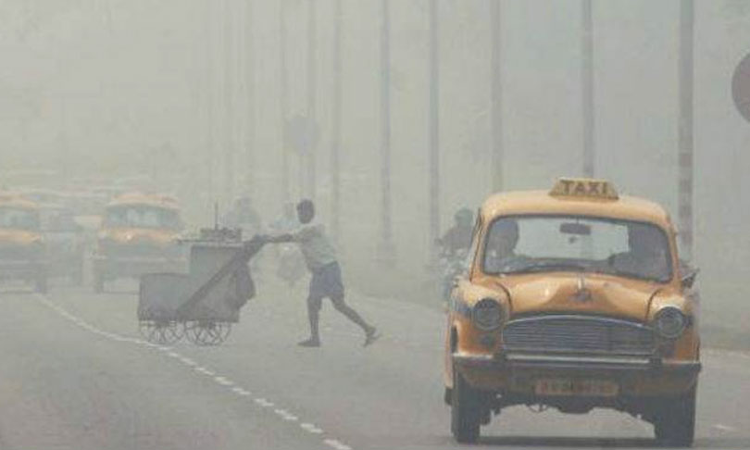Use Of Remote Sensing Tech To Check Pollution: SC Seeks Reply From Centre, Delhi Transport Dept
PTI
31 July 2019 9:50 AM IST

Next Story
31 July 2019 9:50 AM IST
The Supreme Court Monday asked the central government and the Delhi transport department to respond to the Environment Pollution Control Authority (EPCA) report on the use of remote sensing technology to help identify polluting vehicles. EPCA, in its recent report filed in the apex court, has said that as per the court's direction it had convened a meeting on July 16 with all...
